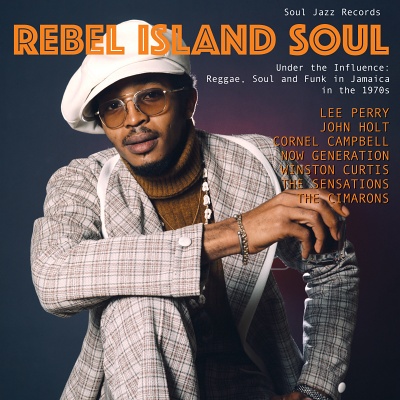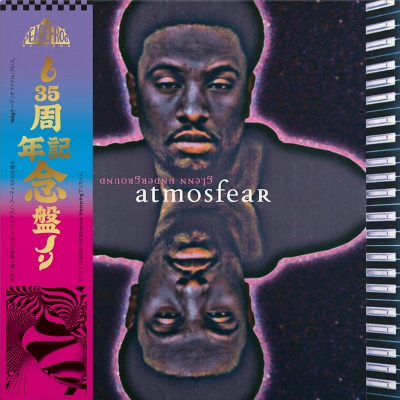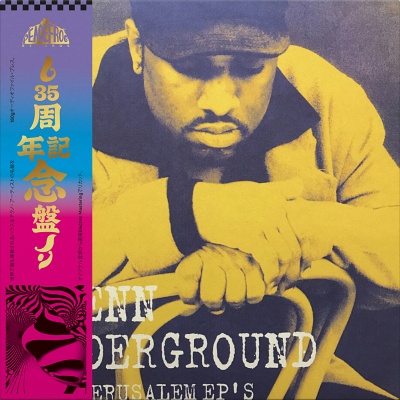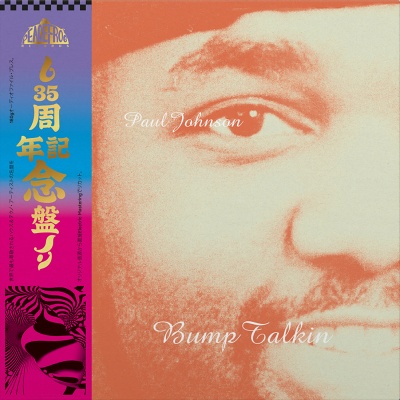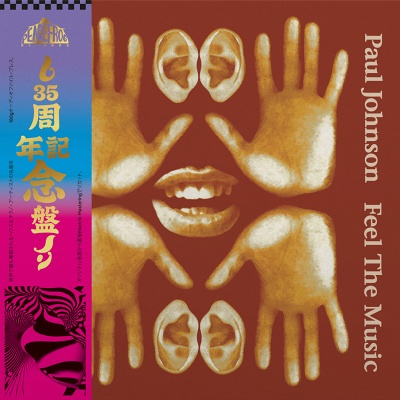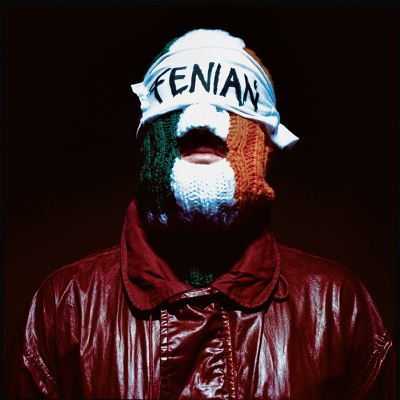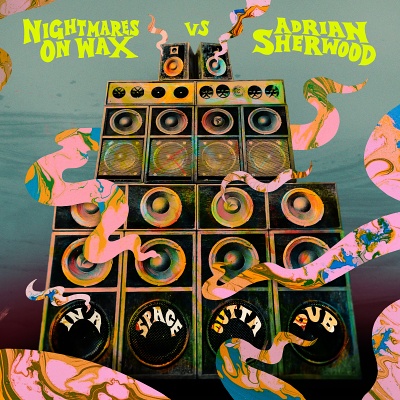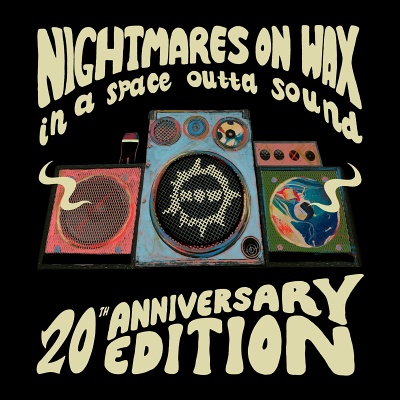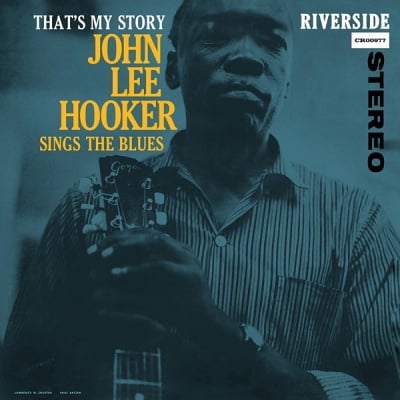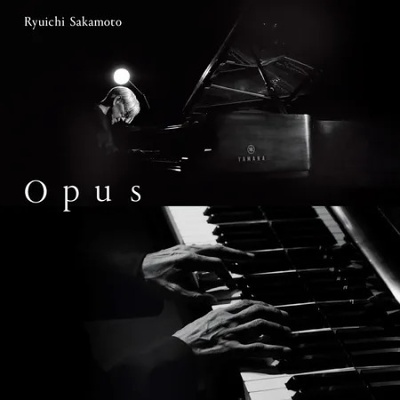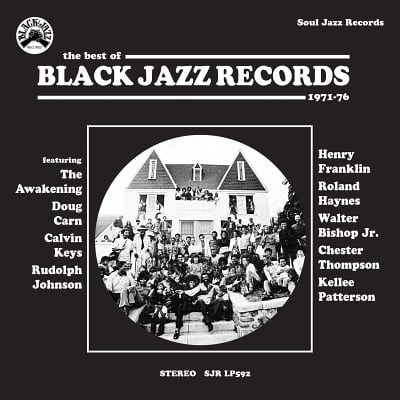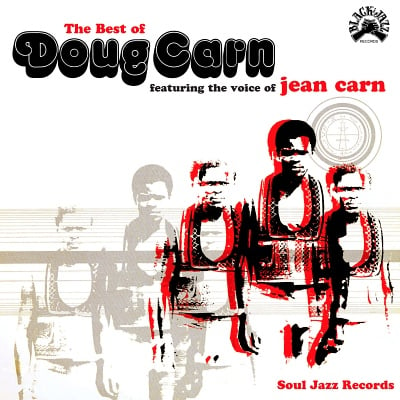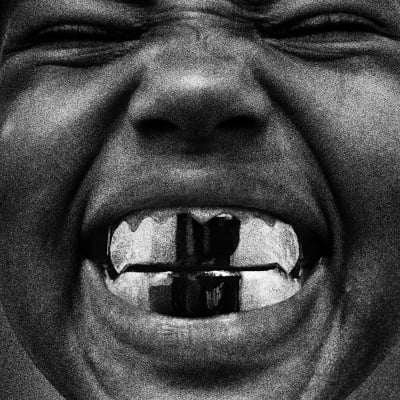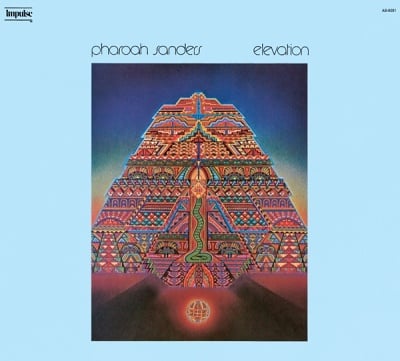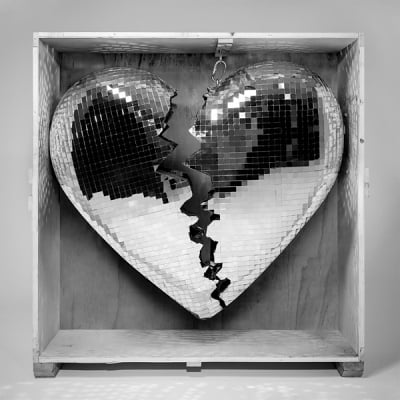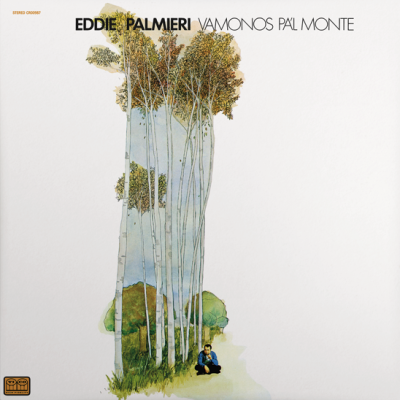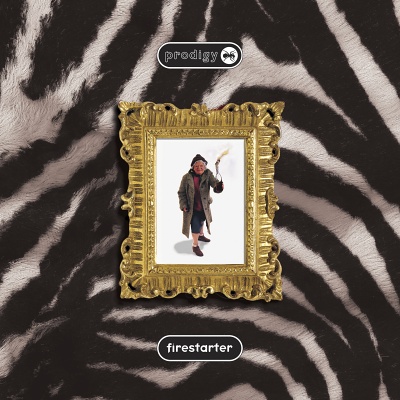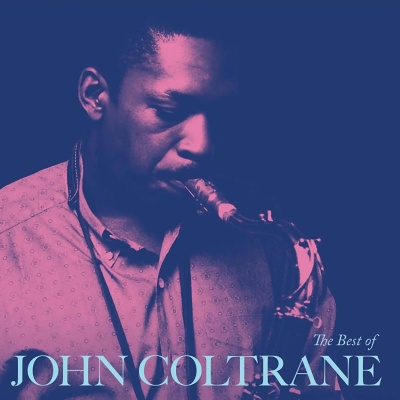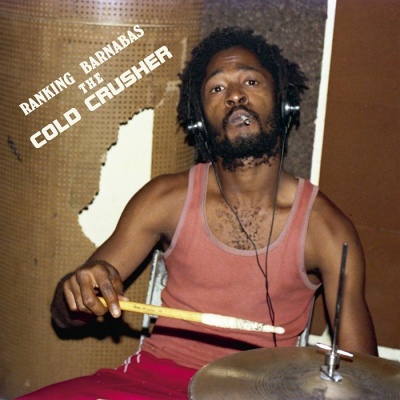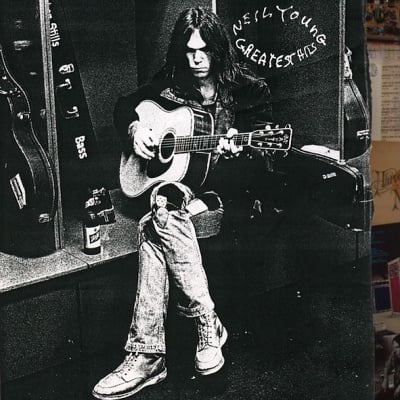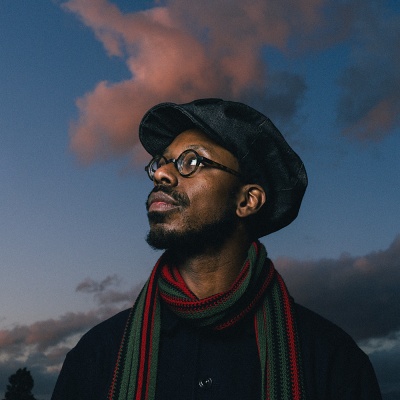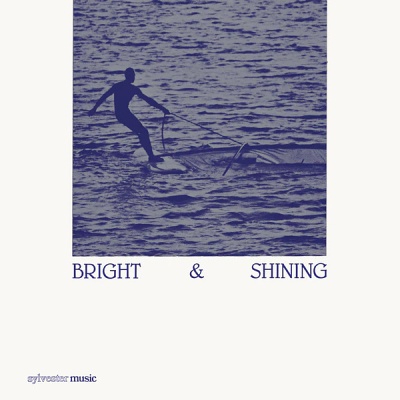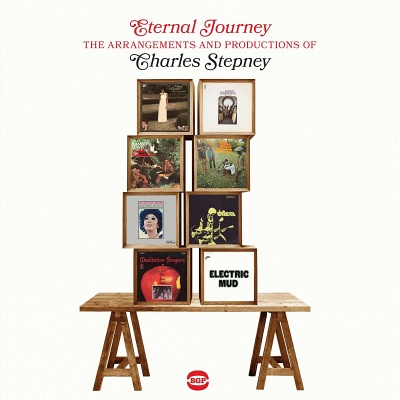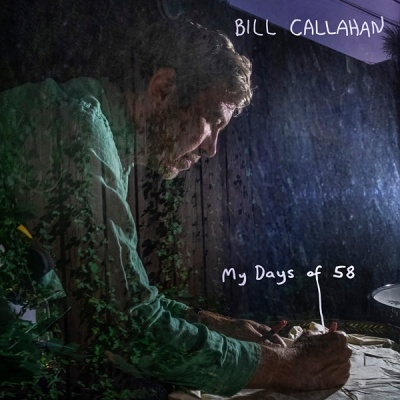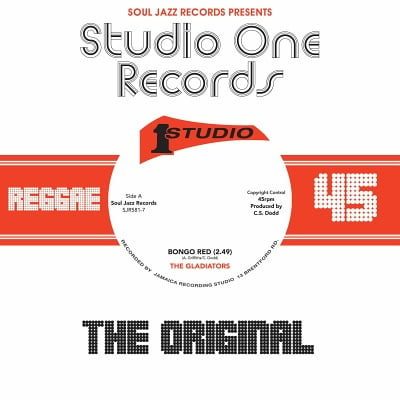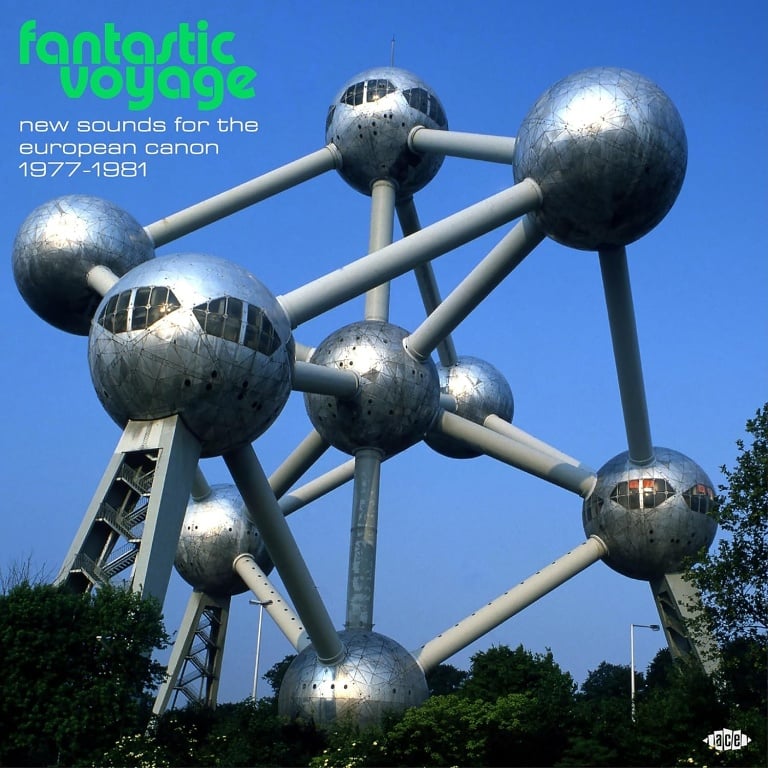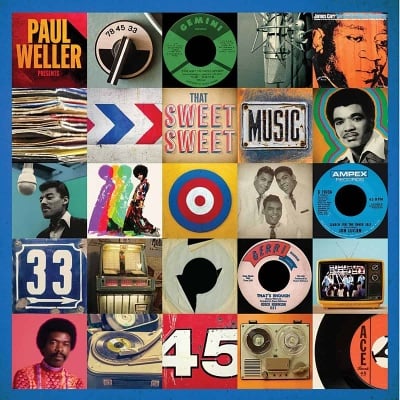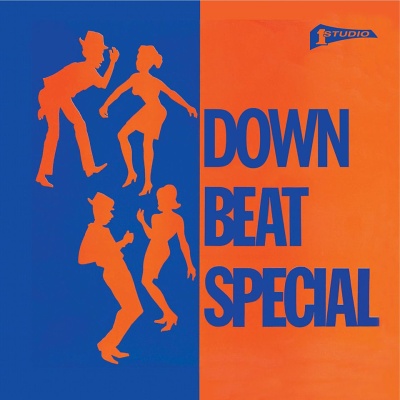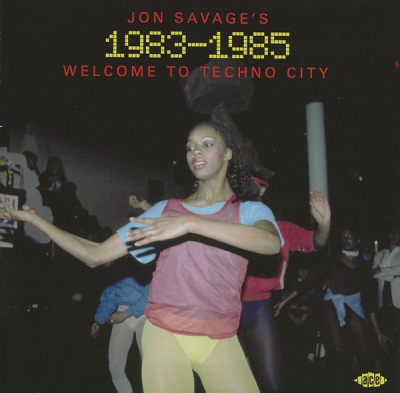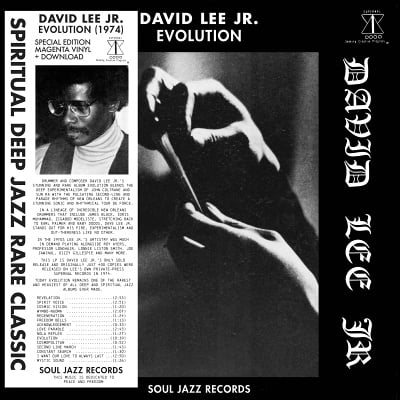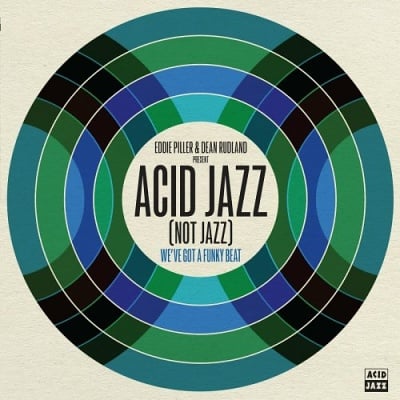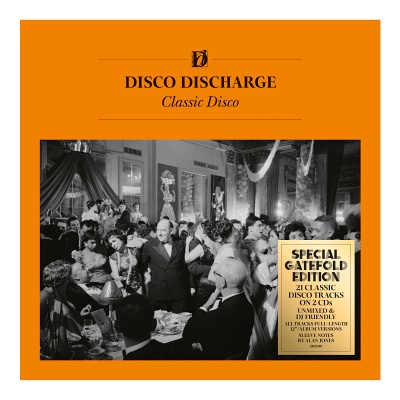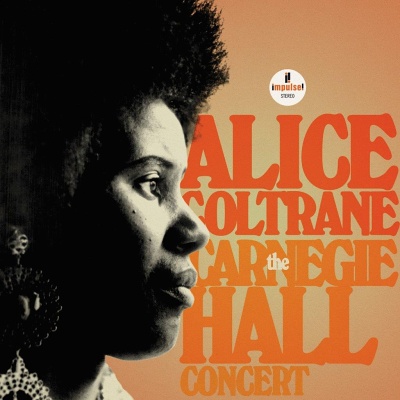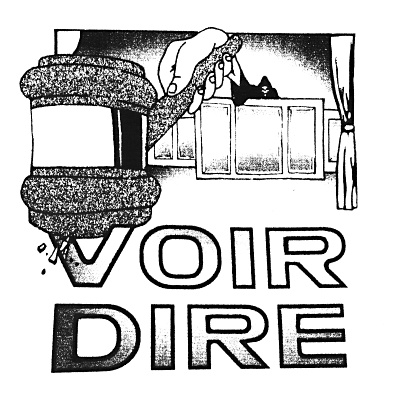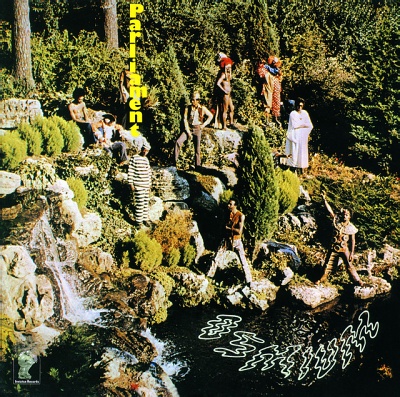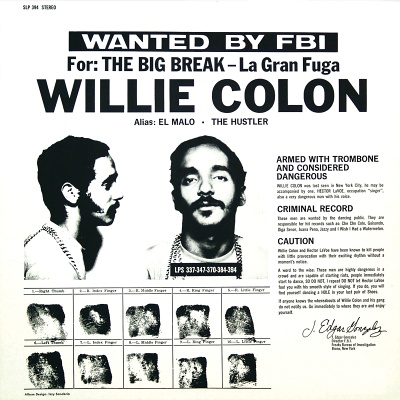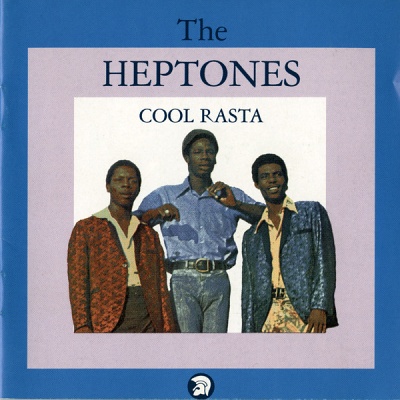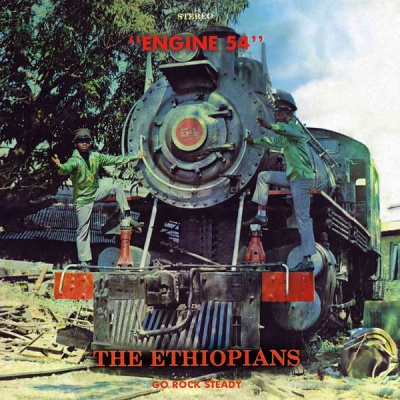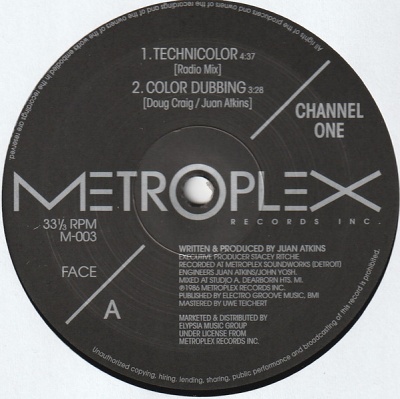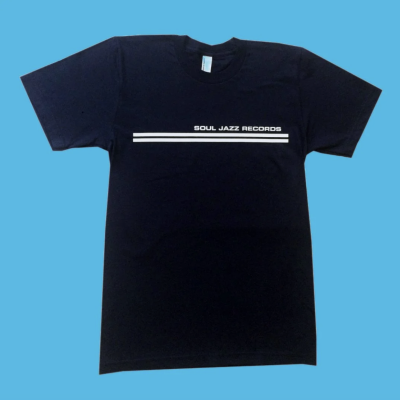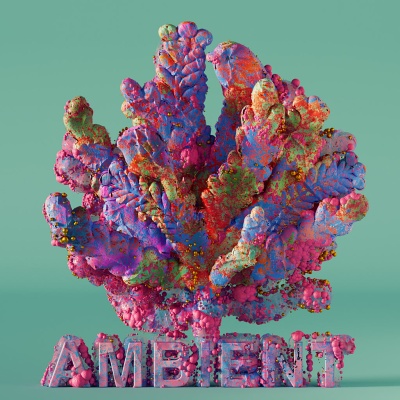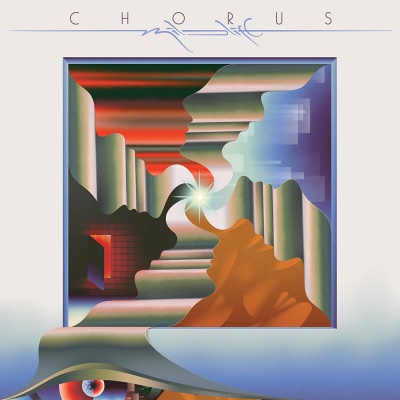- New 2×LP XXQLP2124£29.99Out of stock Notify me when in stock
- CD CDCHD1630£11.99In stockAdd to Bag
- Simple Minds – Theme For Great Cities
- Cabaret Voltaire – Silent Command
- Ryuichi Sakamoto – Riot In Lagos
- Grauzone – Eisbar
- The Associates – White Car In Germany
- Patrick Cowley – Nightcrawler
- Isabelle Mayereau – On A Trouvé
- Chas Jankel – 3,000,000 Synths
- Peter Gabriel – No Self Control
- The Walker Brothers – Nite Flights
- Thomas Leer – Tight As A Drum
- Daryl Hall – The Farther Away I Am
- Harald Grosskopf – So Weit, So Gut
- Robert Fripp – Exposure
- Areski Belkacem – Patriarcat
- Basil Kirchin – Silicon Chip
- Holger Czukay – Ode To Perfume
- 1. Simple Minds – Theme For Great Cities
- 2. Cabaret Voltaire – Silent Command
- 3. Ryuichi Sakamoto – Riot In Lagos
- 4. Grauzone – Eisbar
- 5. The Associates – White Car In Germany
- 6. Patrick Cowley – Nightcrawler
- 7. Isabelle Mayereau – On A Trouvé
- 8. Chas Jankel – 3,000,000 Synths
- 9. Peter Gabriel – No Self Control
- 10. The Walker Brothers – Nite Flights
- 11. Thomas Leer – Tight As A Drum
- 12. Daryl Hall – The Farther Away I Am
- 13. Harald Grosskopf – So Weit, So Gut
- 14. Robert Fripp – Exposure
- 15. Areski Belkacem – Patriarcat
- 16. Basil Kirchin – Silicon Chip
- 17. Holger Czukay – Ode To Perfume
By the turn of the 80s, the impact of David Bowie’s ground-breaking Berlin recordings – the synths, the alienation, the drily futuristic production - was being felt on music across Europe. What’s more, the records being made were reflecting back and influencing Bowie’s own work – 1979’s “Lodger” and 1980’s “Scary Monsters” owed a debt to strands of German kosmische (Holger Czukay), new electronica (Patrick Cowley, Harald Grosskopf), and the latest works from old friends and rivals like Robert Fripp, Peter Gabriel and Scott Walker, all of whom had been re-energised by the fizz of 1977.
Compiled by Saint Etienne’s Bob Stanley and the BFI’s Jason Wood, “Fantastic Voyage” is the companion album to their hugely successful “Café Exil” collection, which imagined the soundtrack to David Bowie and Iggy Pop’s trans-European train journeys in the mid-to-late seventies. “Fantastic Voyage” is what happened next.
Bowie’s influences and Bowie’s own influence were rebounding off each other as the 70s ended and the 80s began, notably in the emergent synthpop and new romantic scenes as well as through the music of enigmatic acts like the Associates and post-punk pioneers like Cabaret Voltaire.
Like “Low” and “Heroes”, some of the tracks on “Fantastic Voyage” are spiked with tension (Grauzone’s ‘Eisbär’) while some share those albums’ sense of travel (Simple Minds’ ‘Theme for Great Cities’, Ryuichi Sakamoto’s ‘Riot in Lagos’) and others find common ground with “Lodger’s” dark, subtle humour (Thomas Leer’s ‘Tight as a Drum’, Fripp’s ‘Exposure’).
This is the thrilling, adventurous sound of European music before the watershed moment when Bowie would abandon art-pop for America and the emerging world of MTV with “Let’s Dance” in 1983. “Fantastic Voyage” soundtracks the few brief years when the echo chamber of Bowie, his inspirations, and his followers created an exciting, borderless music that was more than ready for a challenge to Anglo American influences.
